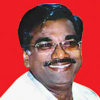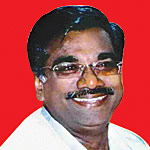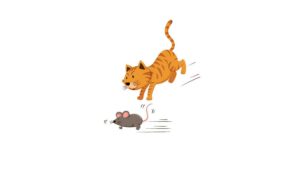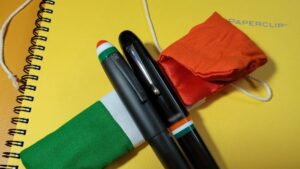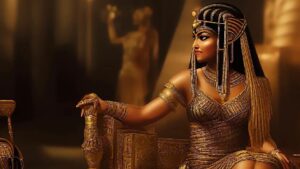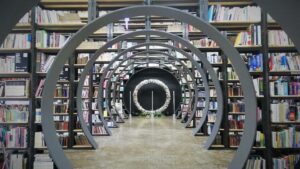Who in this world is free from the fangs of sorrow? Who in this world is free from the clutches of tension? And who never had an encounter with disappointment?
Have you, my dear reader, anyone to name? Try then… Well! Stop racking your brain for you will never find an answer. Life, like the sea, is a union of the turbulent waves and the breezy shore.
Laugh to weep. Weep to laugh. This seems to be the fate of the world. Tears find no difference between laughter and sorrow. Is that the reason why they trickle out when we laugh heartily or when we weep our sorrows out? In fact, every tear that finds its way out of its gland speaks, for it sparkles with life.
And why should one go to temple or mosque or church? A countless number of reasons can be given, but the ulterior motive is only one—to find peace.
There is a temple without a god. This godless temple welcomes all people, be they rich or poor. It knows no religion and never differentiates the blacks from the whites. Age can never wither this temple and, doubtless, it gives immense peace. It solaces the perturbed minds and shows the right path to the palace of peace.
The temple I am referring to is a library—a home-library. It is a temple of learning. It is a temple of peace where we forget our woes and worries of life in the company of ‘the mighty minds of old’. After the battle of the day, it is the only place, where we can forget the fret and fever of our daily life. It is the heaven-sent bringer of peace to the disturbed minds.
Books are our friends. They are friends in the real sense of the word. A friend in flesh may fail at one time or the other. But the books, the true friends of man, will never fail to support and comfort in the time of need. They will never change colours to deceive us. When we are in the darker side of life, books will pave us the way to the brighter side. When we are sick, books are our healing syrup. When we are lonely, worried, disappointed and lost, books are at our service. With folded hands, they say, ‘Use me, Sir’. Only this sort of friendship made H.G. Wells, write in his novel, The History of Mr.Polly: “Great land of sublimated things, thou the world of books, happy asylum, refreshment and refuge from the world of every day.”
In England, Russia, America and other economically advanced countries, it is practically impossible to find a home without a library. American parents boldly declare: “No man has the right to bring up his children without surrounding them with books. It is a wrong to his family”. The fact that the Japanese never borrow even newspapers is worthy of mention here. But in India, it is very rare to come across a home-library. Even a well-to-do man’s bungalow fails to accommodate a library and a reading room.
To beautify our home, it is not enough if we have an LCD TV, a triple-door refrigerator, a sophisticated washing-machine, a four mouthed gas-stove and other present day conveniences and amenities. We should also possess a good collection of books. Books not only give colour to a home, they are its heart and soul.
The mere collection of books is a part of the scholarship. The very sight of the collection will lure us to peruse them and full scholarship is on the way. Mark Pattison, who had 16,000 volumes in his library pointed out, “A gentleman worthy of the name gentleman, should possess at least a thousand books.”
If we have a good number of books within our reach, we can at any time take any book that befits our chameleonic mood. To our changing moods, a public library is of no use. We must buy books. Only by actually possessing it, we can know a book through and through. “If a book is worth reading, it is worth buying.”
When we are serious we can read Plato and Aristotle. Bacon and Montaigne will give us food for thought. If we are disappointed and sad, we can pick up Martti Larni, Richard Armour, James Thurber, Mark Twain or any other humorist of the world. While reading them, we can’t but laugh to our heart’s content. When we like to be spell-bound or thrilled by adventure, well, there are Cervantes, Homer, Conan Doyle and Chase. We can go to the hoary past with Scott. Alexander Dumas, Kalki and Sandylyan. To suit everyone’s taste, there is Shakespeare and the Bible. When we find only a little time to read, we can take up the short stories of O. Henry, Maupassant or Manoj Das.
We can surround ourselves with our favourite books and thenceforward have at least one place in the world in which it is possible to be happy. Now and then, with extreme joy, we may exclaim, “They are mine and I am theirs”



